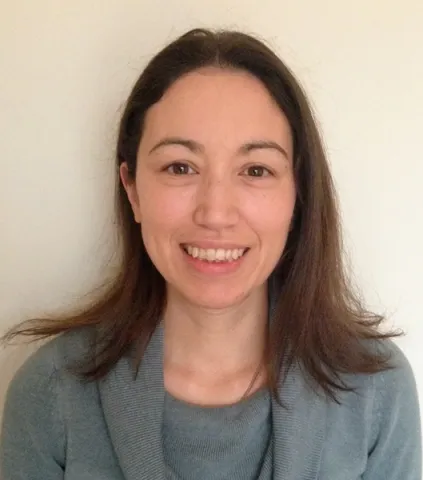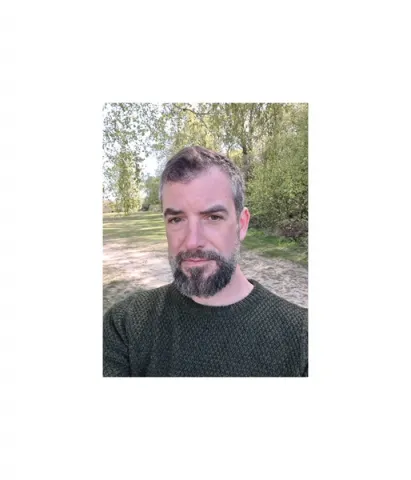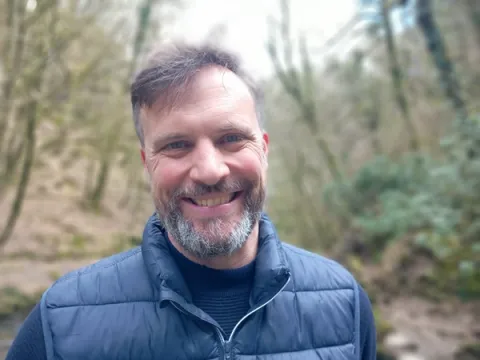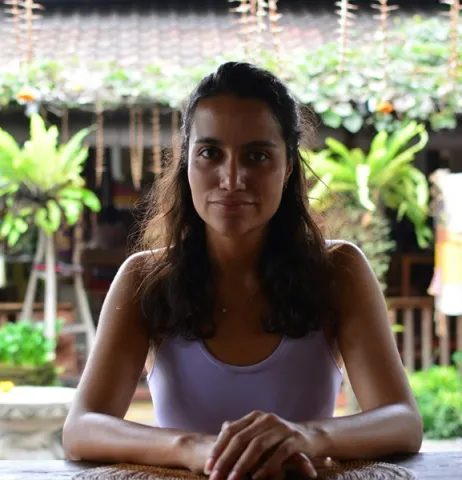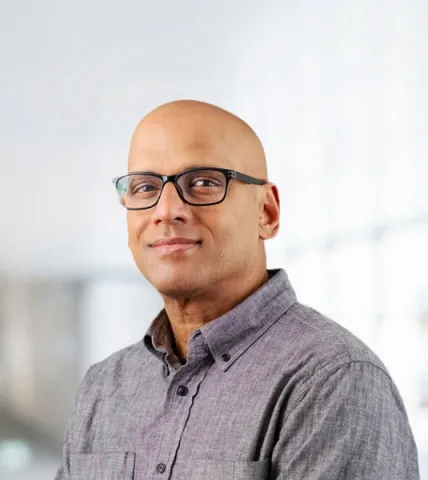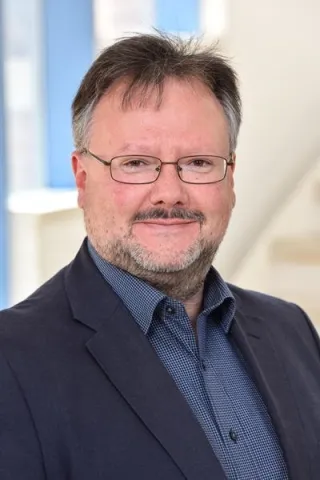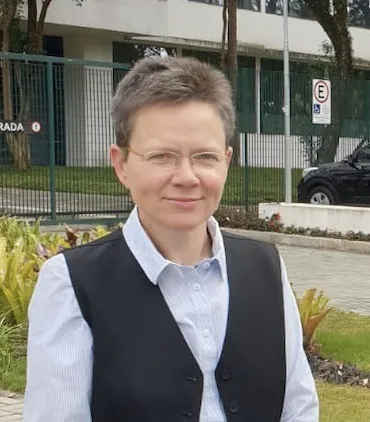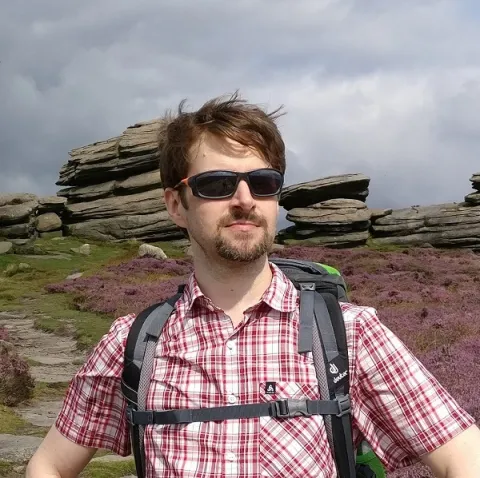Director of the Doctoral College
Research interests
-
The demographic of populations worldwide is changing. People are living longer but with more …
-
Hearing loss and dementia: I lead multidisciplinary research focussed on hearing loss, the us…
-
My focus is understanding cellular mechanisms in these conditions and also how the learning a…
Connect with Tracey
